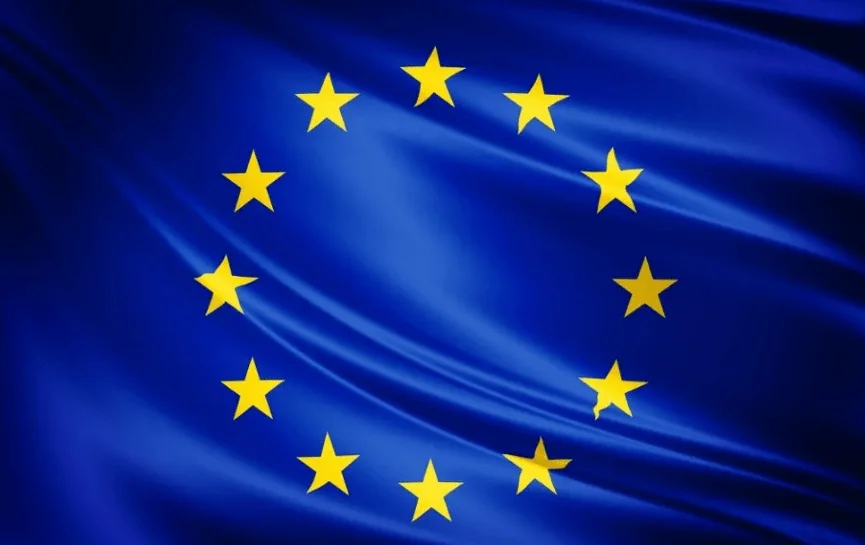According to a Bloomberg report, European Union (EU) representatives are negotiating a plan for additional restrictions on large artificial intelligence (AI) models – like OpenAI’s GPT-4.

The European Commission, European Parliament, and various EU member states are reportedly in discussions regarding the potential effects of large language models (LLMs), such as Meta’s Llama 2 and OpenAI’s GPT-4, and the potential imposition of additional restrictions on them as part of the upcoming AI Act.
According to sources close to the matter cited by Bloomberg, the objective is not to overburden new ventures with regulations while keeping larger models in check.
According to the sources, the agreement reached by negotiators on the subject is still in its infancy. The AI Act and the new proposed regulations for LLMs would be analogous to the EU’s Digital Services Act (DSA) approach to the issue.
EU legislators recently enacted the DSA, which mandates that platforms and websites protect user information and scan for unlawful activity. However, the greatest platforms on the web are subject to more stringent controls.
Companies in this category, such as Alphabet Inc. and Meta Inc., had until August 28 to revise their service practices to meet the EU’s new requirements.
The EU’s AI Act is anticipated to be one of the first sets of mandatory AI regulations enacted by a Western government. China has already implemented its AI regulations, which took effect in August 2023.
The EU’s AI regulations require companies to develop and deploy AI systems to conduct risk assessments, label AI-generated content, and prohibit biometric surveillance, among other things.
However, the legislation still needs to be enacted, and member states still can oppose any of the legislative proposals.
Since the implementation of China’s AI laws, it has been reported that over seventy new AI models have been released.
